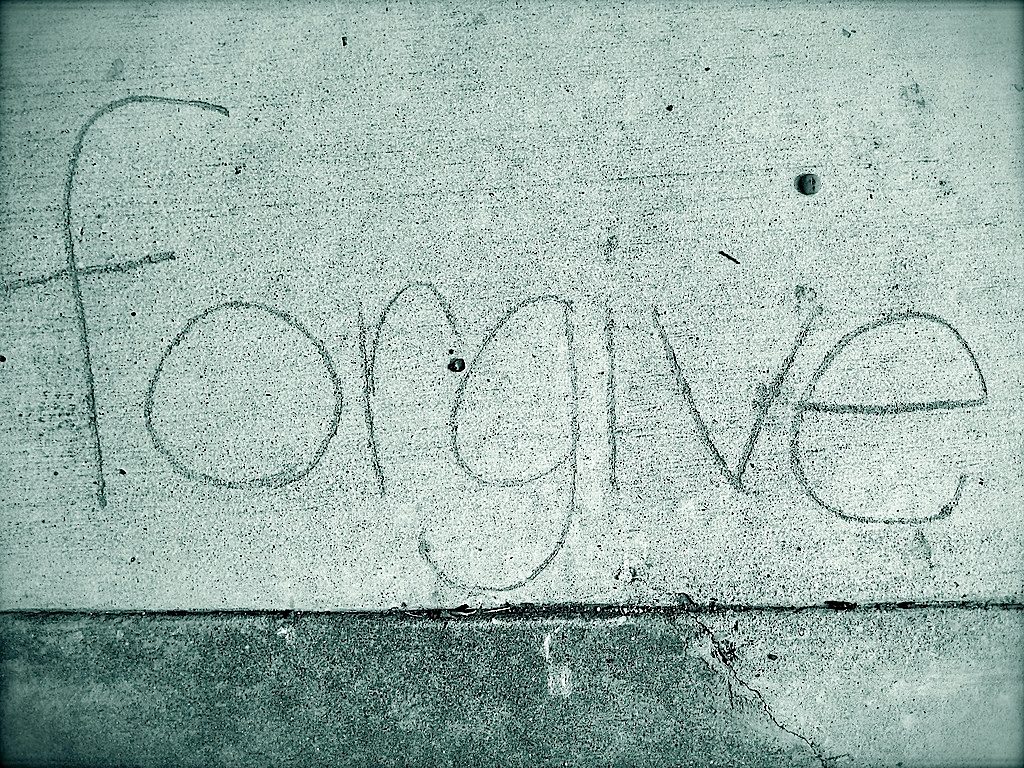
Feeling stressed out? You are not alone! According to an American Psychological Association survey 66% of Americans are suffering from the effects of too much stress.
Experiencing some stress is a normal part of life and can even be helpful in specific situations where focus or quick reactions are needed. It is frequent or long term stress that is really bad for us and can lead to numerous health problems.
If you are feeling stressed out, use these three tips to help you avoid and reduce the stress in your life.
1. TIME MANAGEMENT—Feeling like the clock is running out, feeling like there is too much to do and not enough time to do it in? These feelings are so stressful! When I was a single dad I frequently felt as though I was treading water and that if I did not keep going, I would drown. Once I learned about time management and prioritizing my tasks, my stress level was dramatically reduced.
One of the first action items a Life Coach takes with a client is to have them get control of their calendar. This insures that client is controlling their schedule instead of their schedule controlling them.
Start using Outlook or Google Calendar to manage your schedule. Be sure to plan out your week in advance at the beginning of each week and put everything you want to accomplish in your calendar. Keep it real and be sure to schedule time for family, fun, and fitness. Once you do this you will be on your way to reducing your stress levels.
2. COMMUNITY—Life is not meant to be done alone! People with strong bonds in their families and friendships cope with stress much better. Devote time to nurturing the relationships in your life.
Join a small group in your local church. No matter what your level of faith, you will be accepted by a community of people who will be there for you during stressful times in your life. This level of support is incredibly beneficial.
If there is a specific issue causing your stress, there is probably a support group for that issue in your community. A quick Google search will help you find the support group that is right for you. Find one that is right for you and show up!
3. BOUNDARIES—If you are stressed out because you have too much to do, you may need to work on your boundaries! A person with healthy boundaries knows when to let good stuff into their lives and when to keep the bad stuff out.
It is OK for you to be assertive and say no to certain requests. You do not have to say yes to everything people (including your kids!) ask of you. And when you set your calendar up for the week in advance, a quick glance at it will often tell you when to say no to a request.
Learning how to have healthy boundaries is vital to our well-being. In fact, boundaries will be the topic of the next issue of Wisdom on the Way.
For now, I hope you have a fun, low stress summer. So take charge of your calendar, get involved in healthy community, and start setting healthy boundaries.
I would love to hear your comments! You can email me at randy@carepossible.org
Websites: www.carepossible.org, www.thecrossing.com, www.randymoraitis.com



